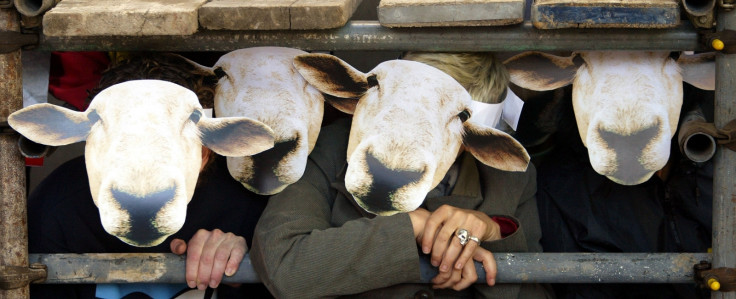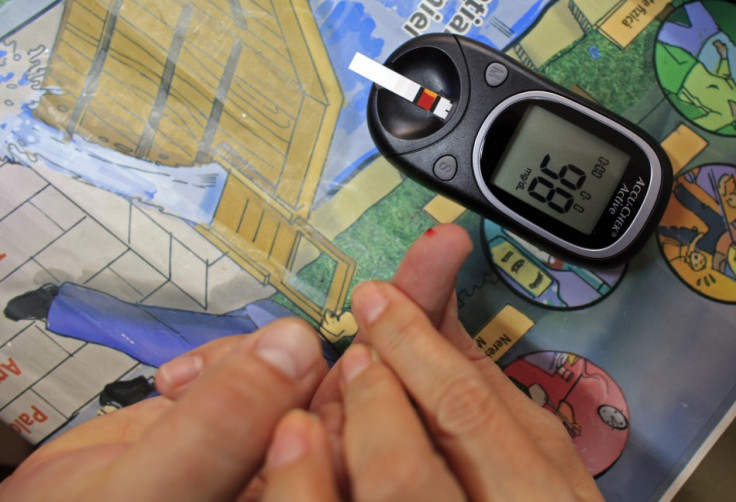Rise of the sheeple: Future of organ harvesting could come from sheep-human chimera
Scientists in California have been able to grow sheep embryos which contain human stem cells.

The rising demand for organ transplant has encouraged scientists to make breakthroughs in the field of genetics — the latest of which is a sheep-human chimera. Scientists in California have managed to grow sheep embryos with human stem cells and are hopeful that this will someday help in supplying organs for the purpose of transplantation.
Researchers Hiro Nakauchi from Stanford University and Pablo Ross from the University of California announced their breakthrough at a meeting of the American Association for the Advancement of Science (AAAS) in Texas on 18 February. They were able to fuse human cells to the animal embryos and grow the chimeras into foetal animals over 28 days.
"Even today, the best matched organs, except if they come from identical twins, don't last very long because with time, the immune system continuously is attacking them," Dr Ross said at a press briefing.
The new research is based on a 2017 breakthrough in which similar experiments were conducted on pig embryos. At the time, the pig-human chimera was only 0.001% human by cell count. The sheep-human chimera however has managed to be 0.01% human.
Dr Ross pointed out that in order to grow usable organs, the embryos would have to be close to 1% human and extensive research was still required to reach said target.
"It could take five years or it could take 10 years, but I think eventually we will be able to do this," Nakauchi said.
The team believes that going forward, their work could also help people suffering from type 1 diabetes. Patients' pancreatic islet cells are unable to produce enough insulin to regulate their blood sugar levels and transplants have a high risk of rejection.
However, if scientists are able to use the patient's own cells to grow the required organs, it could lead to a higher success rate of curing diabetes in them.
Impressive as the breakthrough is, there are numerous concerns that the animals experimented on may be able to think like humans.
"I have the same concerns," Ross said, according to The Guardian. "Let's say that if our results indicate that the human cells all go to the brain of the animal, then we may never carry this forward."
Nakauchi believes that the team will be able to target which part of the chimera gets affected by the human cells. "The contribution of human cells so far is very small. It's nothing like a pig with a human face or human brain," he said. "We have published several papers showing we can target the region, so we can avoid human cells differentiating in to the human brain or human gonads."







